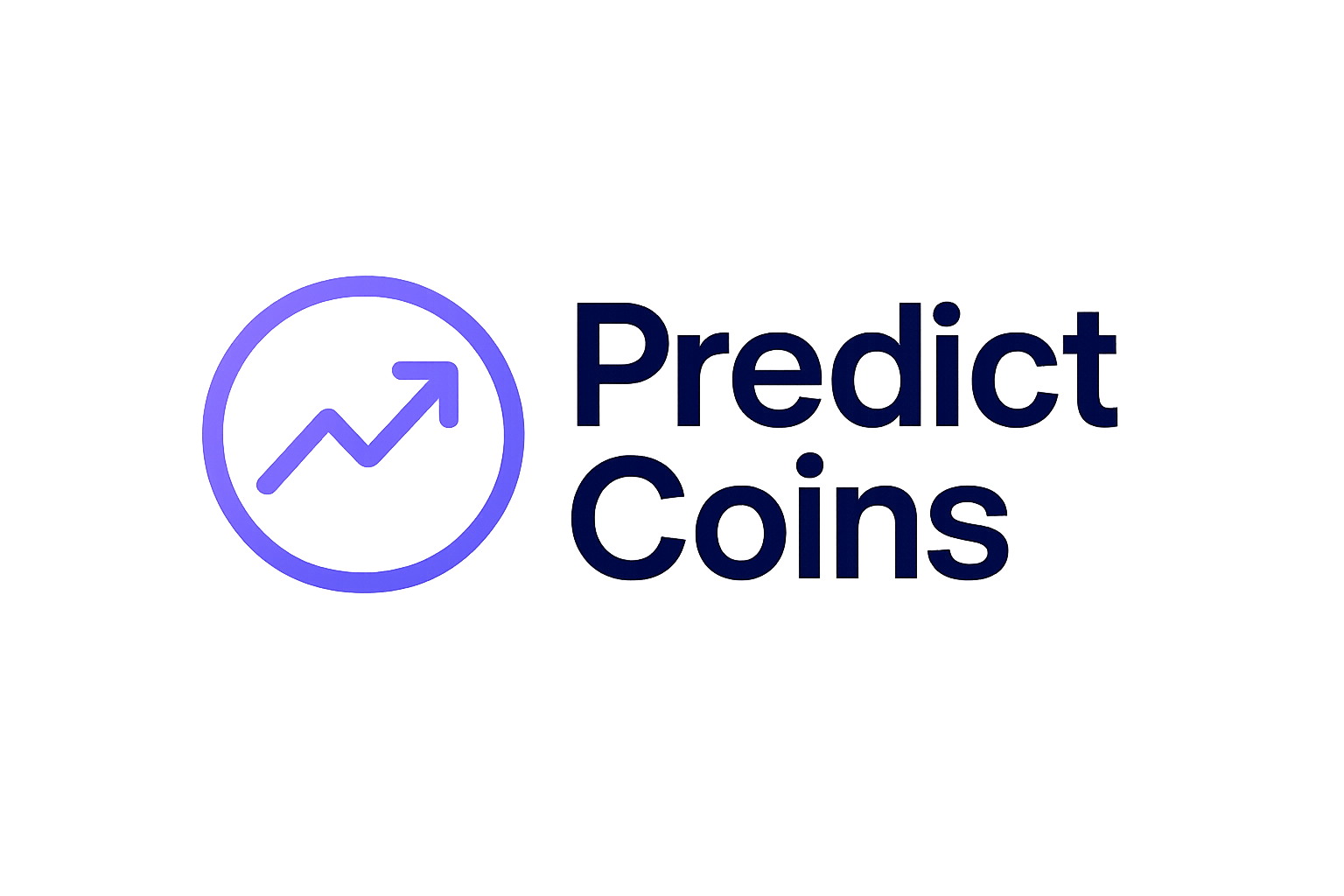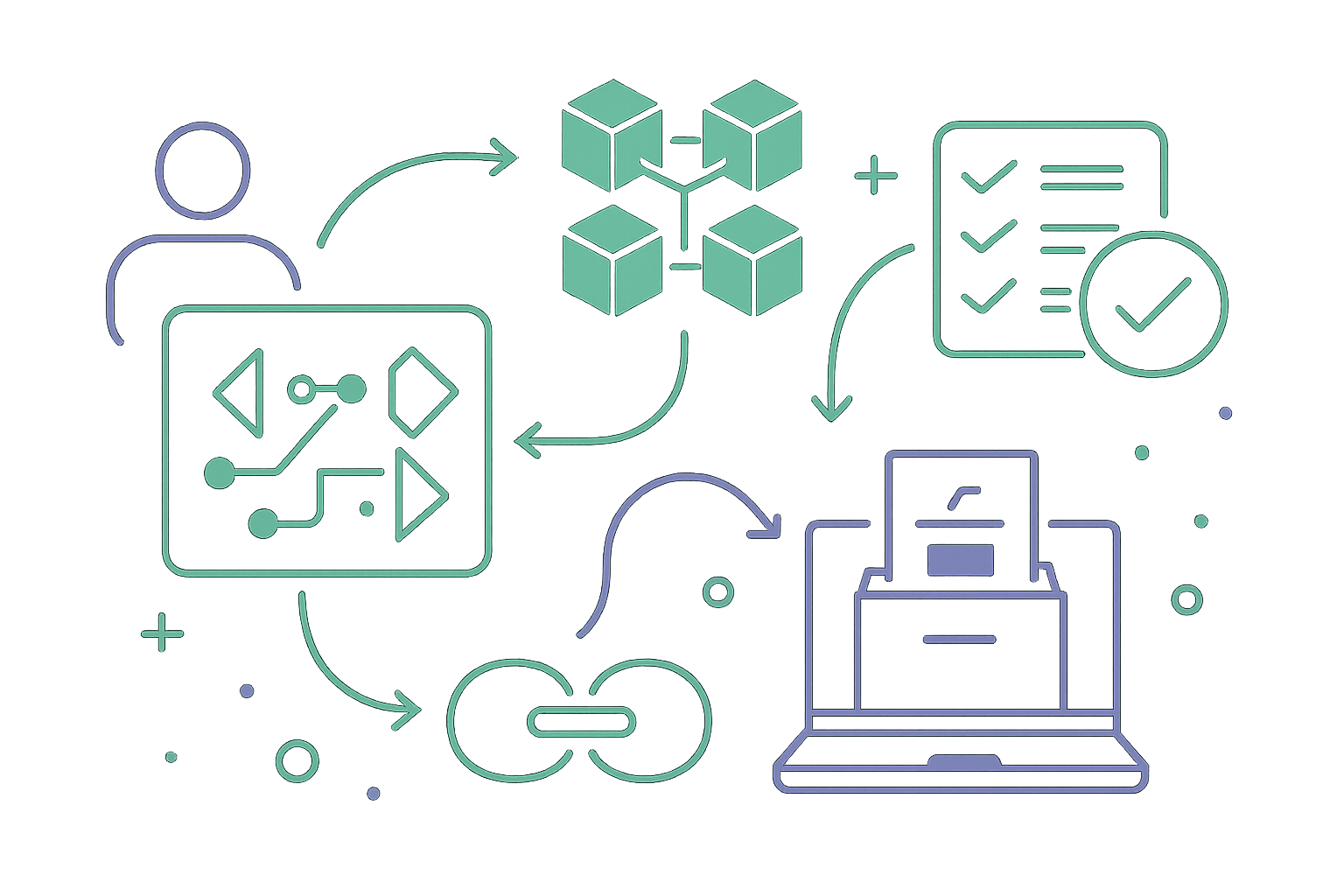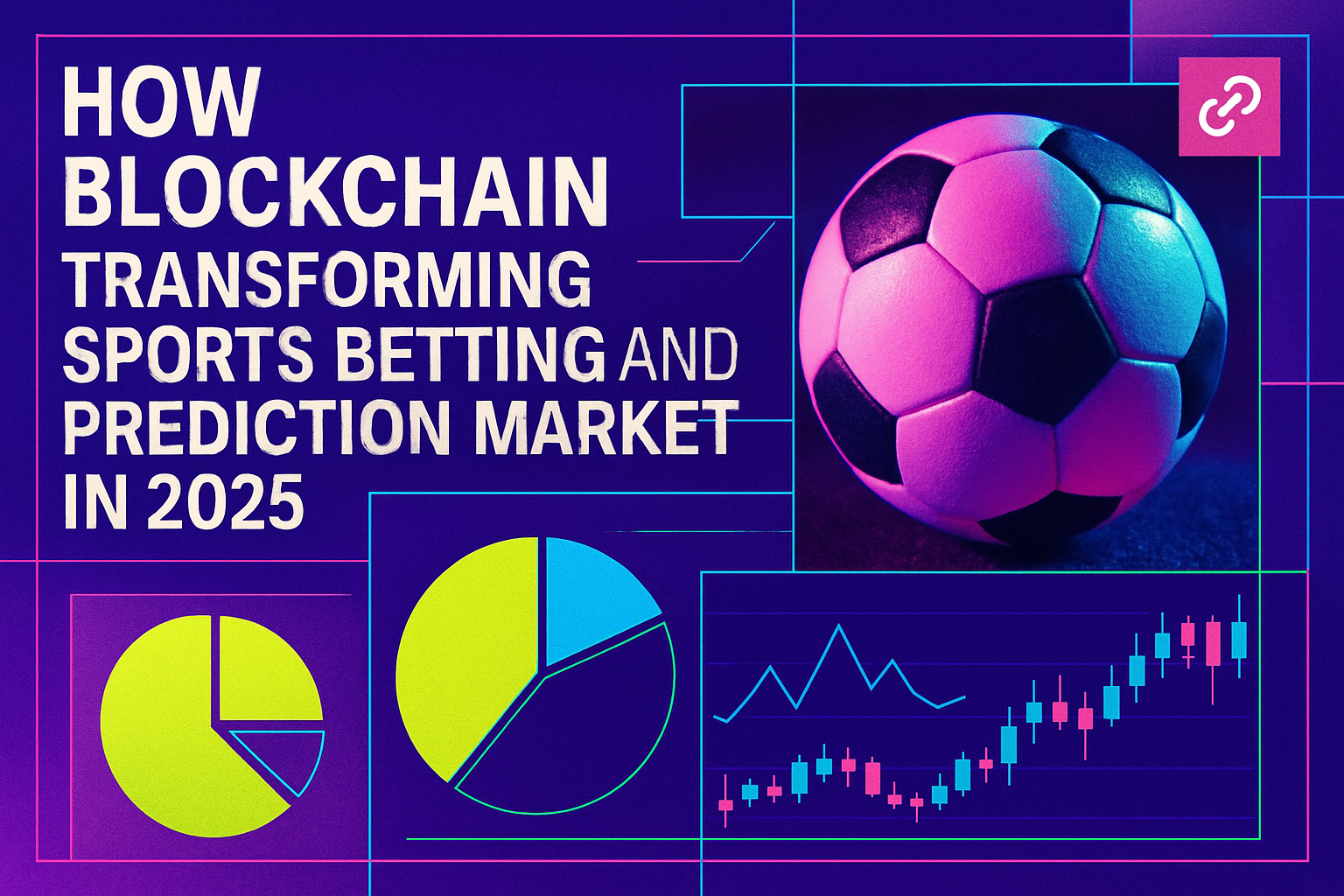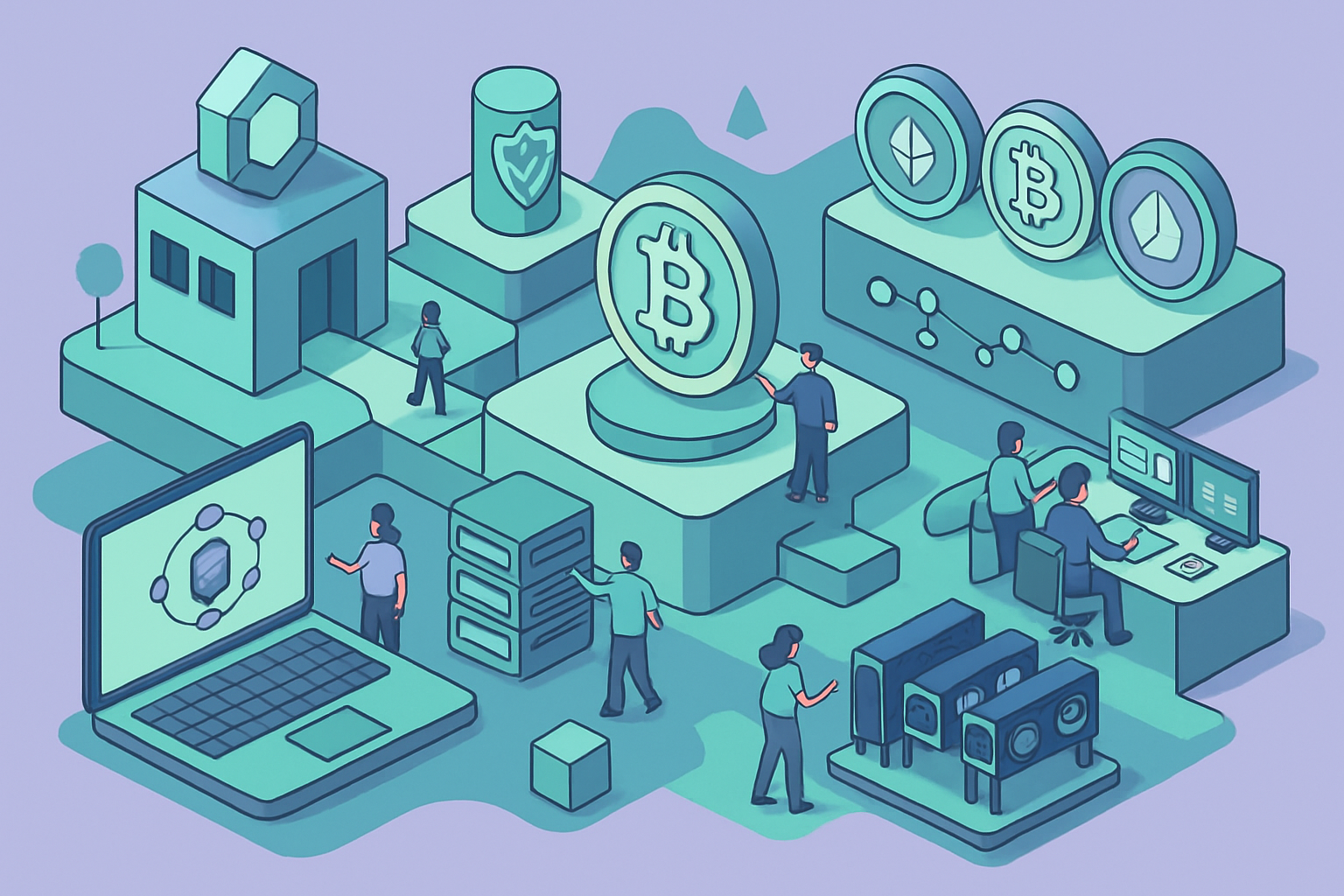How Blockchain Prediction Markets Are Transforming 2024 US Election Betting
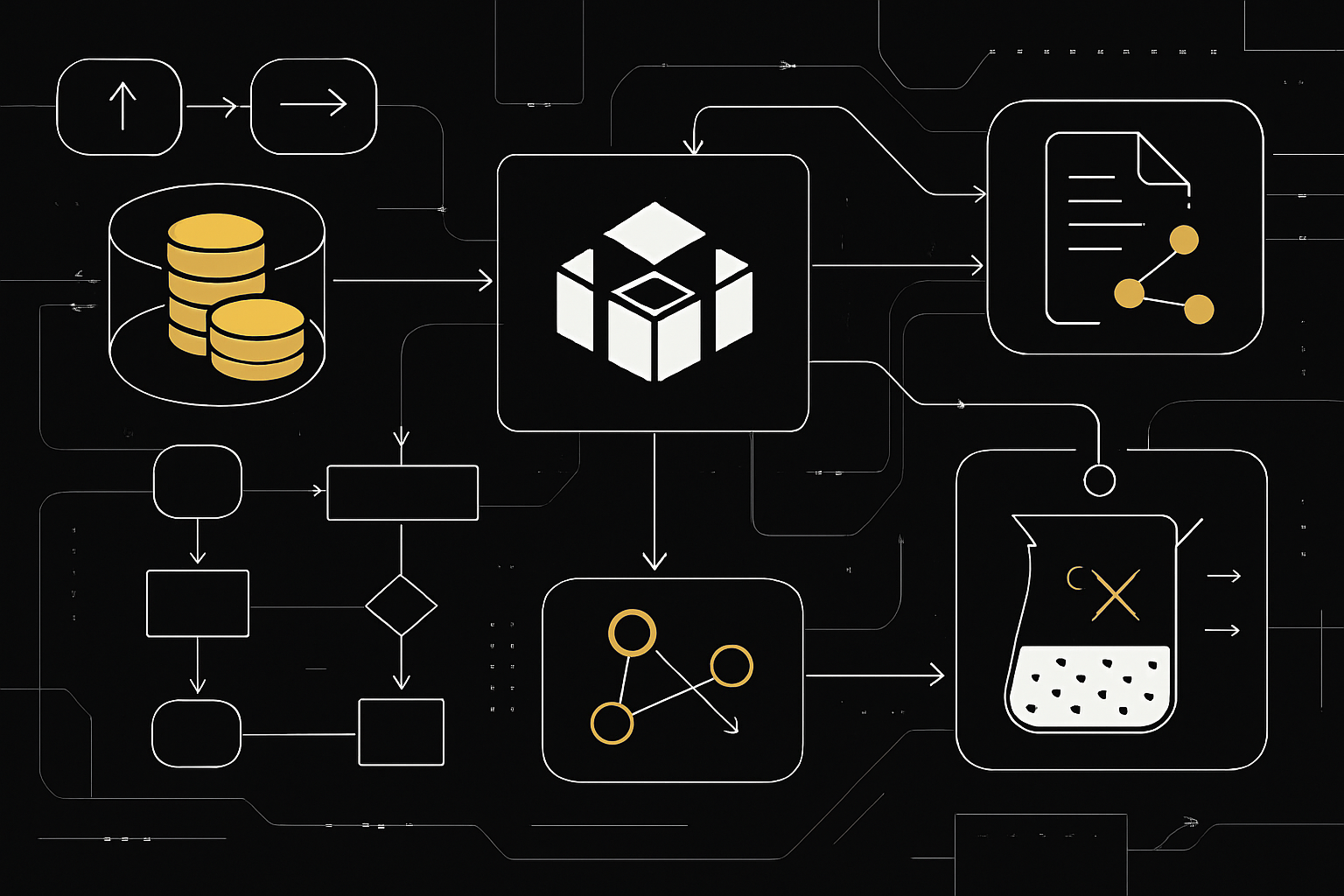
Blockchain prediction markets have emerged as one of the most disruptive forces in the world of 2024 US election betting. As the presidential race captured global attention, decentralized platforms like Polymarket shattered previous records, both in user participation and total volume wagered. This surge is not only reshaping how political odds are set but also challenging the dominance of traditional polling and centralized sportsbooks.

Decentralized Betting Platforms Surge During 2024 Election
The numbers from Q3 2024 tell a remarkable story. Betting volumes on blockchain prediction markets soared by 565%, reaching $3.1 billion compared to $463.3 million in the prior quarter. Polymarket, now recognized as the world’s largest blockchain prediction market, accounted for an overwhelming 99% of this volume. Of note, $1.7 billion was wagered specifically on the outcome of the presidential race – a figure that represented nearly half of Polymarket’s entire annual activity.
This explosion in activity is not just about speculation for profit. For many participants, these platforms offer a transparent and efficient way to express their political convictions using cryptocurrency, bypassing restrictive regulations and high fees common to legacy bookmakers.
Regulatory Shifts: From Legal Gray Zones to Institutional Embrace
The regulatory landscape for crypto election betting underwent major changes during 2024 and into 2025. In October 2024, a pivotal court decision allowed Kalshi – a regulated financial exchange – to list contracts on congressional control outcomes after the CFTC failed to demonstrate public harm. Just months later, Polymarket received approval to resume U. S. operations by acquiring QCEX, a CFTC-licensed derivatives exchange.
This shift toward formal recognition reflects growing institutional acceptance of political betting blockchain platforms as legitimate vehicles for price discovery and public sentiment aggregation. While legal ambiguities remain in some states, these developments provide much-needed clarity for both operators and users seeking compliant access to decentralized betting markets.
Prediction Markets Outperform Traditional Polls in Forecasting Accuracy
The utility of blockchain-based prediction markets extends beyond mere wagering; they have proven highly effective at forecasting outcomes with precision that often surpasses conventional polling methods. For example, during the final stretch before Election Day 2024, Polymarket’s odds consistently gave Donald Trump a commanding lead (63% probability), while President Joe Biden trailed at just 18%. Academic research from institutions like the University of Cincinnati confirmed that market-driven forecasts outperformed both professional pundits and aggregated polling averages in predicting the actual result.
This accuracy stems from the ability of decentralized markets to aggregate vast amounts of dispersed information and real-time sentiment into actionable probabilities – something static polls struggle to replicate amid rapidly shifting public opinion.
Yet, the promise of superior forecasting is not without challenges. Critics have raised concerns about the potential for manipulation in thinly traded markets, as well as the risk of foreign actors influencing outcomes through large, strategic bets. The decentralized nature of these platforms also complicates oversight, prompting ongoing debates about how best to balance transparency with regulatory safeguards.
Despite these concerns, the data-driven approach of blockchain prediction markets has already begun to reshape how campaigns, media organizations, and even voters interpret electoral probabilities. As more users engage with these platforms, their predictive power and influence over public discourse are likely to grow.
The Role of Crypto Communities and Social Platforms
A significant driver behind the explosion in decentralized betting platform activity has been the active participation of crypto communities across social networks. Platforms such as X (formerly Twitter) and Truth Social have amplified market movements by sharing live odds and analysis. Notably, Donald Trump’s Truth Social announced plans to launch its own prediction market, further mainstreaming political betting blockchain products among retail users and political enthusiasts alike.
This convergence of social media virality and crypto-native infrastructure has created a feedback loop: as major events unfold and odds shift in real time, traders respond instantly, often pushing volumes higher and sharpening price discovery. The result is a dynamic ecosystem where information is rapidly priced in by thousands of participants around the globe.
Looking Ahead: Blockchain Prediction Markets Beyond 2024
The lessons from the 2024 US election cycle suggest that blockchain prediction markets will play an even larger role in future political contests. As regulatory frameworks mature and mainstream adoption accelerates, expect to see new features such as advanced analytics dashboards, integration with DeFi protocols for instant settlements, and expanded coverage for down-ballot races or policy referendums.
For those considering participation in crypto election betting, it is essential to remain vigilant about platform security, counterparty risk, and evolving legal standards. The transparency offered by blockchain can empower informed decision-making, but only when paired with disciplined risk management.
The transformation underway is not just technical but cultural. By democratizing access to real-time political forecasting tools, and rewarding insight rather than mere speculation, decentralized prediction markets are setting a new standard for transparency and engagement in US election betting.
